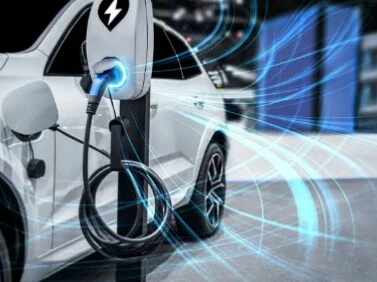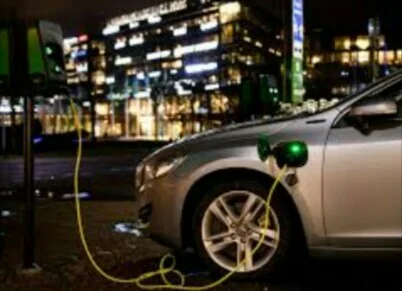Electric Vehicle
Japan, renowned for its technological prowess and commitment to innovation, is embracing a new era of with the rapid adoption of electric vehicles (EVs). As concerns about climate change and air pollution escalate,
Japan is at the forefront of the global shift towards cleaner and more sustainable mobility solutions. In this article, we will explore the thriving electric vehicle market in Japan, the supportive infrastructure developments, and the government's initiatives to drive electric vehicle adoption.
Electric vehicle market in Japan
Electric Vehicle Market in Japan
| Feature | Japan |
|---|---|
| Market Share | While growing, the EV market in Japan is relatively smaller compared to countries like Norway and China. |
| Government Incentives | The government has implemented various incentives, such as tax breaks and subsidies, to promote EV adoption. |
| Infrastructure | Charging infrastructure is expanding, but there is still room for improvement, especially in rural areas. |
| Leading Brands | Domestic brands like Nissan and Toyota are strong players in the EV market, along with international brands like Tesla. |
| Challenges | High costs, limited driving range, and concerns about battery life and charging infrastructure are some of the challenges facing the EV market in Japan. |
| Unique Factors | Japan's compact city layouts and focus on energy efficiency make it a suitable market for electric vehicles. |
| Future Outlook | With continued government support and advancements in technology, the EV market in Japan is expected to grow significantly in the coming years. |
1. A Technological Powerhouse Embracing Electric Mobility:
Japan, home to leading automobile manufacturers, is no stranger to automotive innovation. With the rise of electric vehicles, Japan's automotive industry has shifted its focus towards the development and production of electric and hybrid vehicles. Japanese motorists are increasingly attracted to the benefits of EVs, such as reduced environmental impact, lower running costs, and enhanced driving experience, making electric vehicles a popular choice for eco-conscious consumers.
2. Extensive Charging Infrastructure:
To support the growing number of electric vehicles, Japan has made substantial investments in charging infrastructure. The country boasts a comprehensive network of charging stations, including fast-charging and ultra-fast-charging stations, strategically placed in urban areas, parking lots, shopping centers, and along highways. The accessibility and availability of charging infrastructure have alleviated range anxiety and enabled convenient charging for electric vehicle owners, further boosting their adoption.
3. Government Support and Incentives:
The Japanese government has implemented several initiatives to promote electric vehicle adoption. These include generous subsidies and tax incentives for purchasing electric vehicles, making them more affordable for consumers. Moreover, the government has set ambitious targets for electric vehicle sales, encouraging automakers to develop more electric and hybrid models. The strong partnership between the government and the automotive industry is driving innovation and contributing to Japan's sustainable mobility goals.
4. Advancements in Battery Technology:
Japan has long been a leader in battery technology, and this expertise has been instrumental in the development and improvement of electric vehicles. Japanese companies have made significant strides in enhancing the performance and range of electric vehicle batteries. With ongoing research and development, battery technology continues to evolve, offering higher energy densities, faster charging times, and increased longevity. These advancements are vital for the widespread adoption of electric vehicles.
5. Collaborative Efforts for a Sustainable Future:
Japan's commitment to sustainability extends beyond electric vehicles. The country is actively pursuing renewable energy sources to power its transportation sector. Collaborative efforts between automakers, energy companies, and the government aim to integrate electric vehicles with renewable energy generation, creating a more environmentally friendly ecosystem. This synergy reduces reliance on fossil fuels, minimizes carbon emissions, and paves the way for a sustainable future.
Japan's unwavering commitment
Japan's unwavering commitment to innovation and sustainability has positioned it as a frontrunner in the electric vehicle revolution.
With robust charging infrastructure, government support, advancements in battery technology, and collaborative efforts for renewable energy integration, Japan is driving the transition toward a cleaner and greener transportation system.
"The widespread adoption of electric vehicles not only reduces carbon emissions but also fuels technological advancements and reinforces Japan's global leadership in automotive innovation".
Japan continues to electrify its roads, it sets an inspiring example for other nations striving for a sustainable and electric future.


